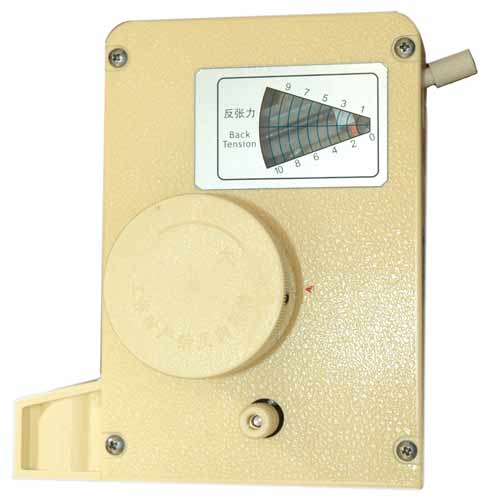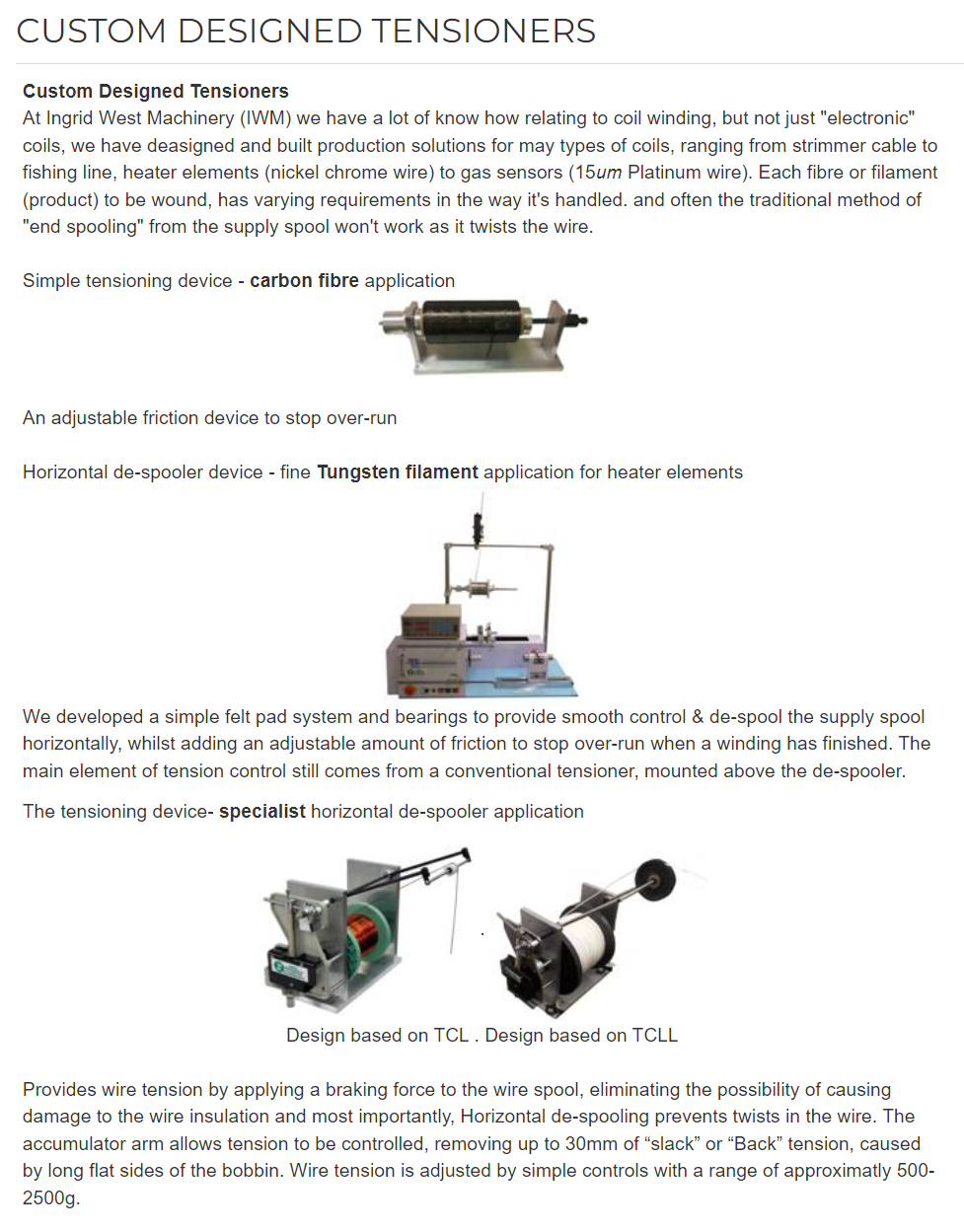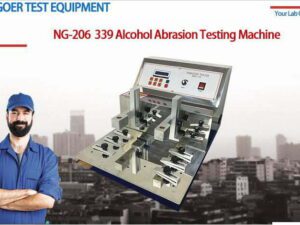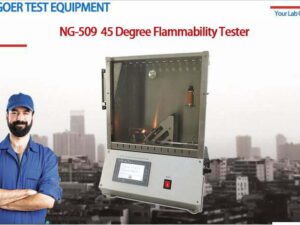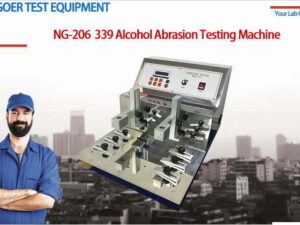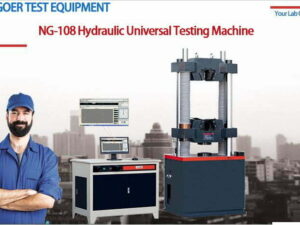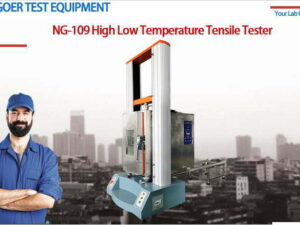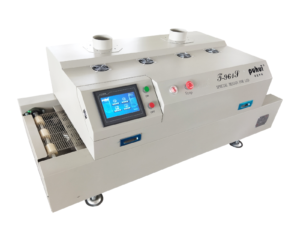Wire tension is one of the most critical parameters of any coil winding process, having an influence on product characteristics, particularly DC resistance of the wire. Wire tension control devices are therefore required to ensure constant wire tension as the wire speed changes during the coil winding process.
One major disadvantage of conventional mechanical wire tensioning devices is that the friction materials are in contact with each other, resulting in mechanical wear to the friction surfaces over. Therefore the wire tension may change from the set value during a series of production runs, requiring adjustment and the consequential disruption may cause loss of efficiency of the coil winding process.
Key advantages of Magnetic wire tensioners:
These magnetic tensioners use a device containing a permanent magnet as a non-contact method of generating a variable resistance to rotation of the main wheel of the tensioner, thus maintaining wire tension at the set value for longer periods than their mechanical counterparts with greatly reduced requirement for adjustment.
Types available: MTCSS, MTCS, MTCM, MTCL.
• The arm position provides feedback to the system, adjusting the magnetic resistance device to regulate and maintain constant tension during the winding cycle.
• Felt pads provide pre-tension and remove dust and other debris from the winding wire.
• Polished ceramic eyelets and guide rollers at each point of contact protect the insulating enamel from mechanical damage.
• The performance of these magnetic wire tensioners is exceptional given the low cost, providing outstanding value for money.
• Captive roller on tension arm is easy to thread, eliminates chance of losing wire.
Specification
Model
Type
Min Wire Tension
(grams)
Max Wire Tension
(grams)
Min Wire
Gauge (mm)
Max Wire
Gauge (mm)
MTCSS
4
40
0.03
0.07
MTCS
10
120
0.04
0.14
MTCM
50
400
0.08
0.25
MTCL
80
600
0.12
0.35
MTCLL
100
800
0.14
0.4


